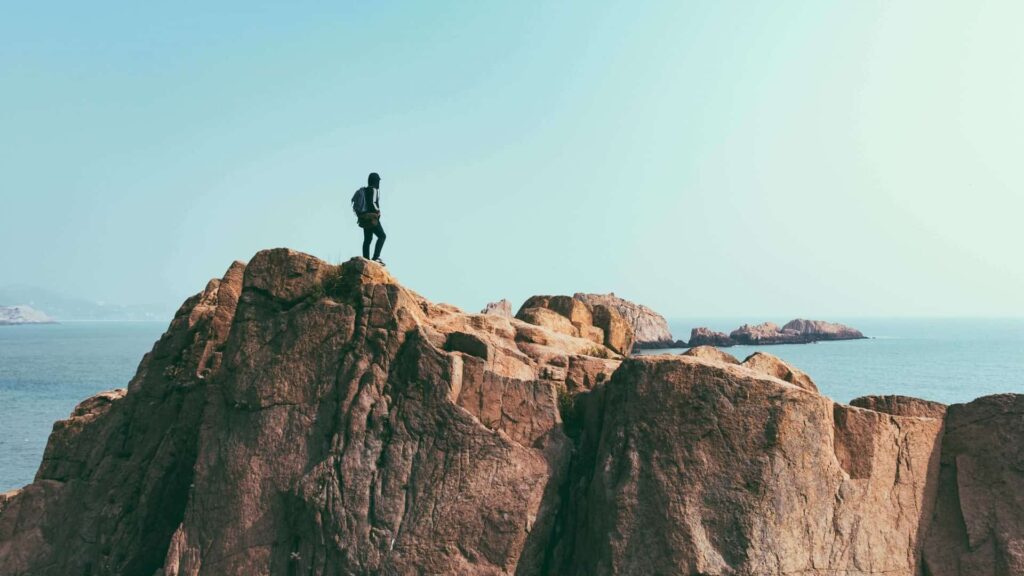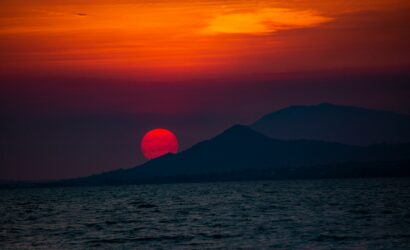Hell’s Gate National Park, with its striking landscapes of towering cliffs, steaming geysers, and wide-open plains, offers an exciting and unique outdoor experience just outside Nairobi. This park, named for its geothermal activity, is perfect for adventurous travelers who love hiking, biking, and getting close to wildlife. Unlike many other parks in Kenya, Hell’s Gate allows walking and cycling safaris, making it an ideal location for those who want to experience the wild in a more personal way.
The nearby Lake Naivasha is another gem, offering boat rides where you can get up close to hippos and a variety of bird species. The surrounding area is known for its scenic beauty, including Crescent Island, where you can walk among giraffes, zebras, and wildebeest. Whether you’re exploring the geothermal landscape, cycling through the park, or enjoying a boat ride on the lake, this region offers the perfect mix of adventure and relaxation.
Key Features
– Geothermal features (gorges, hot springs)
– Walking and cycling safaris
– Diverse wildlife including giraffes, buffalo, and baboons
– Boat trips on Lake Naivasha with hippo sightings
– Crescent Island with walking safaris
Best Time to Visit
– June–October (dry season, perfect for cycling and walking safaris)
– December–February (dry weather, good for wildlife viewing)
Activities
– Cycling through Hell’s Gate National Park
– Hiking through the park’s scenic gorges
– Boat ride on Lake Naivasha
– Visit Crescent Island for walking safaris
– Exploring geothermal hot springs
Getting There
– 2-hour drive from Nairobi to Hell’s Gate and Lake Naivasha
– Private transport or guided tours available
Recommended Stay
2–3 nights
– 1–2 days exploring Hell’s Gate
– 1 day for boat trips and island safaris on Lake Naivasha
Travel is the movement of people between relatively distant geographical locations, and can involve travel by foot, bicycle, automobile, train, boat, bus, airplane, or other means, with or without luggage, and can be one way or round trip. Travel can also include relatively short stays between successive movements.
The origin of the word "travel" is most likely lost to history. The term "travel" may originate from the Old French word travail, which means ‘work’. According to the Merriam Webster dictionary, the first known use of the word travel was in the 14th century.
It also states that the word comes from Middle English travailen, travelen (which means to torment, labor, strive, journey) and earlier from Old French travailler (which means to work strenuously, toil). In English we still occasionally use the words "travail", which means struggle. According to Simon Winchester in his book The Best Travelers’ Tales (2004), the words "travel" and "travail" both share an even more ancient root: a Roman instrument of torture called the tripalium (in Latin it means "three stakes", as in to impale).










Write a Review